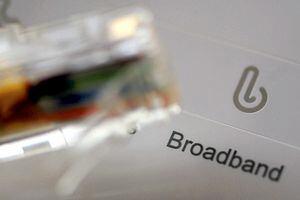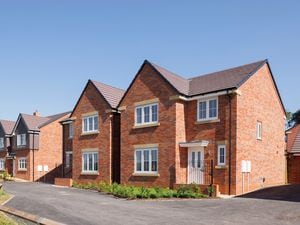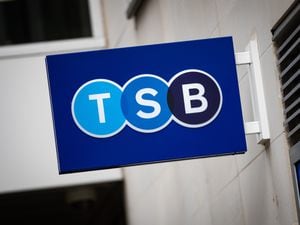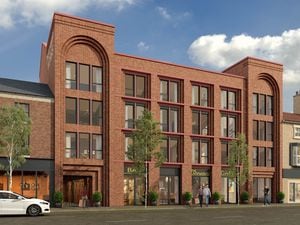New broadband law is a ‘game changer’ for Shropshire
New legislation giving people the legal right to high-speed broadband by 2020 will be a game changer for countryside businesses and households.

Shropshire county’s deputy leader, Steve Charmley, says the announcement by the government was great news for rural communities.
He said broadband providers had avoided the hardest to reach areas for too long.
In its announcement this week the Department for Digital, Culture, Media and Sport dismissed a call from network provider BT that offering broadband speeds of at least 10 Mbps should be a voluntary rather than legal obligation.
Instead it said only a universal service obligation would offer certainty that those broadband speeds would reach the whole of the UK by 2020.
Large pockets of rural Shropshire are still without high-speed broadband with some areas unable to get Wi-fi at all.
Culture secretary, Karen Bradley, said: “We know how important broadband is to homes and businesses and we want everyone to benefit from a fast and reliable connection.”
Councillor Charmley said that rural areas needed broadband as much as anywhere else.
“It is fantastic news that government is finally giving rural communities the right to superfast Broadband. BT have avoided the hardest to reach areas for too long.
“We have rural businesses including our BandBs, pubs, tourist attractions, who need broadband to run their organisations and to market themselves. Farms have to have broadband now to pay their taxes. And families should not be penalised simply because they live in the countryside,” he said.
“This will now put the onus on providers to ensure people can have high-speed broadband if they request it. It is such an important shift in how broadband is being rolled out, it really is a game changer for Shropshire.”
He said the council would now be looking for updated talks with BT over the future of the roll out of the service in Shropshire.
Parts of Shropshire are among the one million ‘forgotten homes’ that communications regulator, Ofcom, said were unable to get sufficiently fast broadband to meet a typical family’s needs, such as streaming films or music.
It says four per cent of UK homes and offices can not access broadband speeds of at least 10Mbps. Rural families are more likely to be left behind, with 17 per cent of homes not receiving decent internet, compared with two per cent in cities and towns.





